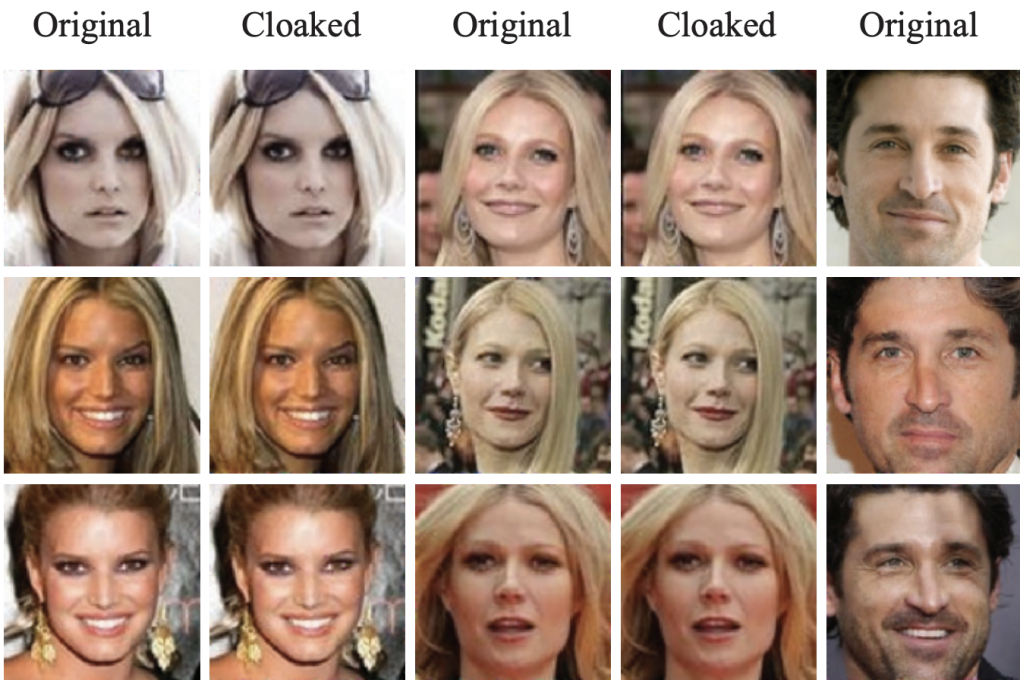Anti-facial recognition tool Fawkes changes your photos just enough to stump Microsoft and Amazon
- Software from University of Chicago researchers is designed to help internet users avoid being tracked online
- Invasive facial recognition systems gathering facial data from social media threaten personal privacy worldwide

In the age of facial recognition, it’s not unreasonable for some to fear that bad actors could use this technology to track them. So researchers at the University of Chicago have come up with a tool to try to fix this.
The changes Fawkes makes to images are so small that altered photos look almost the same to human eyes. But the changes are also significant enough to prevent third-party facial recognition from identifying the subject. The researchers hope this can help internet users protect their online privacy as it becomes easier for anyone to train effective facial recognition models.
“In today’s world where big tech is becoming ubiquitous in our lives, it is clear that we cannot trust large companies to protect our privacy interests,” said Ben Zhao, professor of computer science at the University of Chicago and one of the researchers who developed Fawkes.